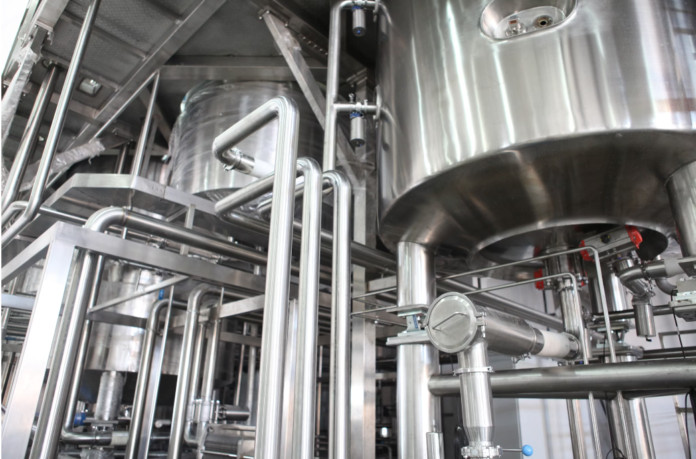Mixing is a fundamental production process for many final goods we depend on, including chemicals. Industrial mixers are the most trustworthy tools for successfully mixing demanding chemical products.
Among the versatile machines available, dual-shaft mixers stand out for their ability to flawlessly integrate high-viscosity materials and blend concentrated compounds. This makes them essential assets in numerous industries.
Safety
Adding an industrial mixer for chemicals to a production process helps manufacturers quickly combine various chemicals and substances for use in their products. Mixers have numerous safety features to help ensure they work correctly and efficiently. These include safety-lock seals to protect the mixer drive and shaft from corrosive, toxic, radioactive, or carcinogenic liquids. Other safety features include chemical-resistant linings, explosion-proof motors, and air or vacuum systems.
Versatility
In the chemical production industry, mixing equipment is used for various purposes. Adding a mixer to an existing process can help improve product quality, reduce costs, and increase throughput.
For example, some agglomeration processes may benefit from a preconditioning mixer to reduce the binder required and provide a more uniform product. Other agglomeration processes can be improved with high-shear industrial mixers ideal for creating paints, coatings, pesticides, and adhesives.
Energy Efficiency
Industrial efficiency minimizes waste in all forms: material, direct labor, cycle time, energy, etc. A processor can reduce these with a correctly sized mixer to increase product yield and realize more significant profit. A newer mixer also usually has improved motor power, automated controls, and other features that boost productivity. These improvements reduce operator travel, monitoring time, and cleanup work. Moreover, mixing equipment that promotes flowability improves metering and dosing, streamlines production eliminates equipment clogging, and more. These benefits can add up to substantial savings.
Easy Maintenance
Mixers must be regularly inspected and cleaned to ensure their proper function. Frequent inspections prevent minor issues from turning into significant problems and minimize the need for costly repairs.
Conventional mixers use large pneumatic or hydraulic cylinders to slide the agitator element and end plate in and out for maintenance and cleaning. These cylinders are inside the tank and require workers to wear approved personal protective equipment (PPE) before entering. By contrast, cantilever design mixers eliminate the need for confined space entry by using hinged access points. This allows maintenance technicians to remove and replace the agitator assembly in less than 30 minutes, maximizing production time. These benefits make cantilever-designed mixers ideal for processing corrosive or hazardous chemicals. They also work well in continuous mixing applications.
Warranty and Customer Support
Mixers are vital for processing and manufacturing materials like food, pharmaceuticals, household goods, plastics, and minerals. While industrial mixers are well-designed for durability, efficiency, and safety, they can still suffer from wear and tear. In addition to superior mixing quality, new mixers typically offer a warranty and reliable customer support, reducing the risk of downtime due to malfunctions or other concerns. This is particularly important in chemical processing, where safety and reliability are critical. Also, purchasing a new mixer allows you to customize it according to your requirements. This level of flexibility is often unavailable when purchasing used mixing equipment. Whether you need to shorten batch times, create stable emulsions, deagglomerate, or disperse solids, a new mixer can help achieve your specific chemical processing goals.










